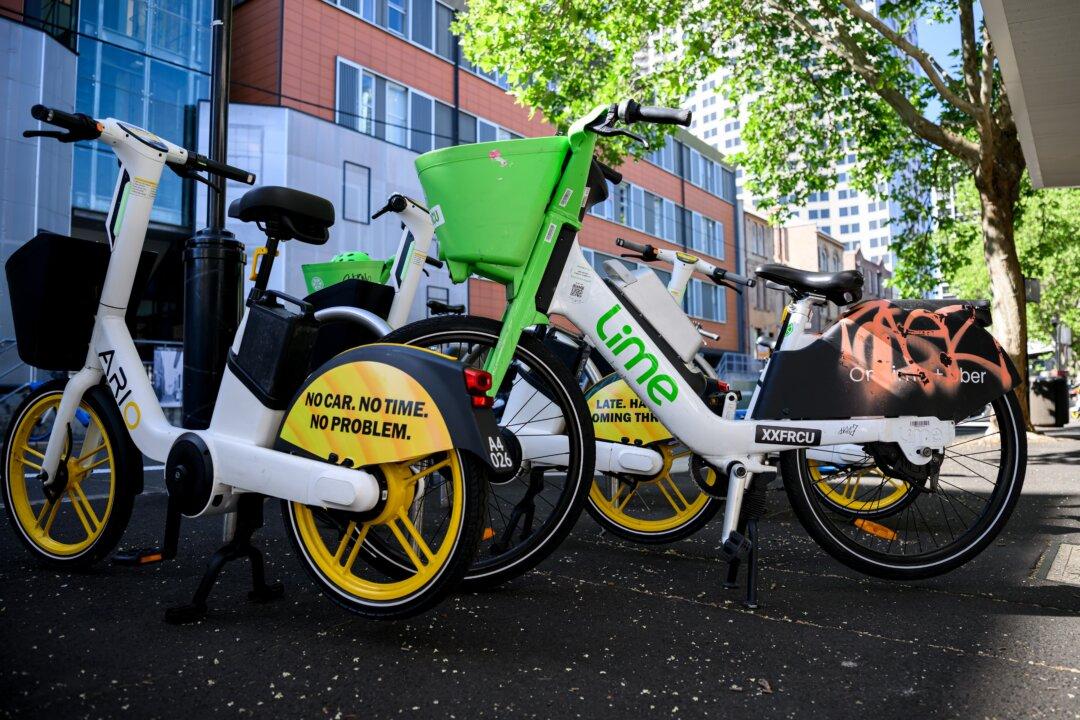Parents shopping for back-to-school stationery could face price hikes and empty shelves, as logistics and materials pressures cause suppliers to ration goods.
The Australian Lottery and Newsagents Association has called on the federal government to ease white paper import duties, after timber shortages blocked production at Australia’s last white paper mill in Victoria.





